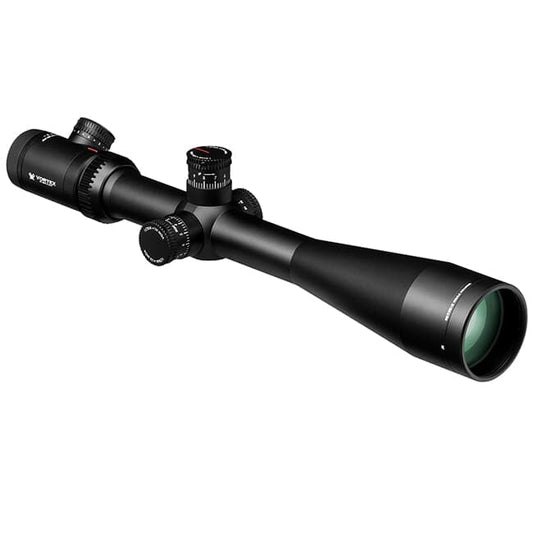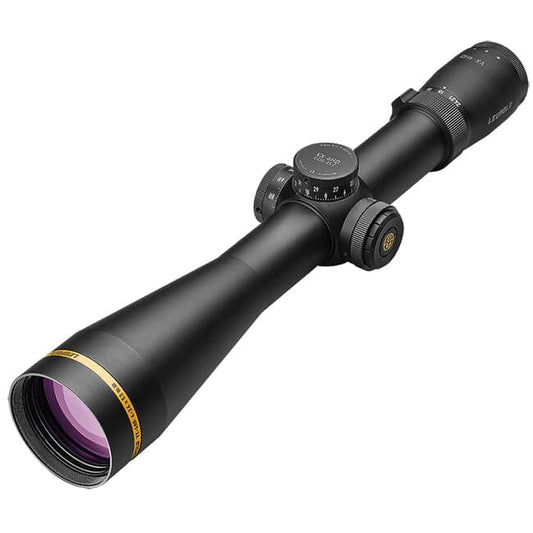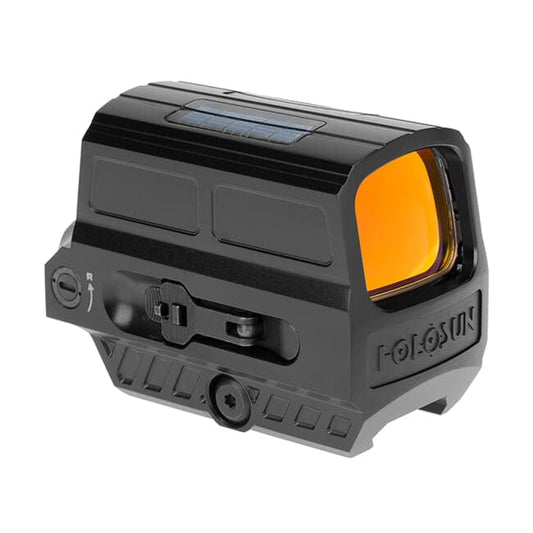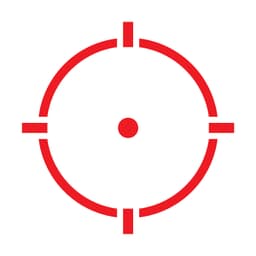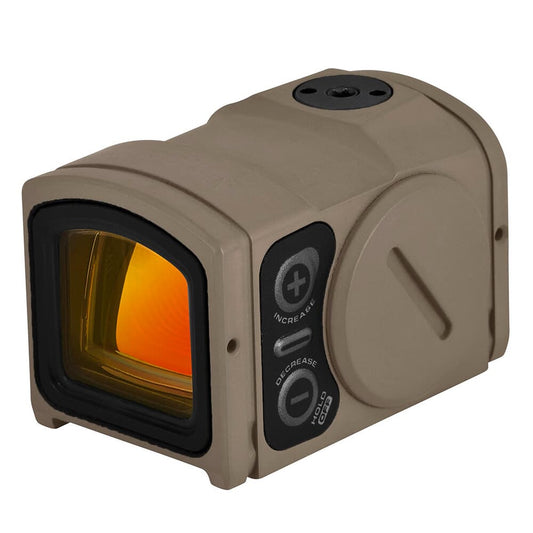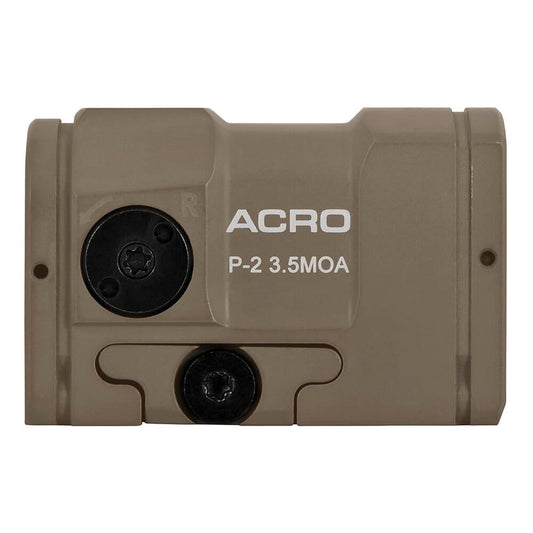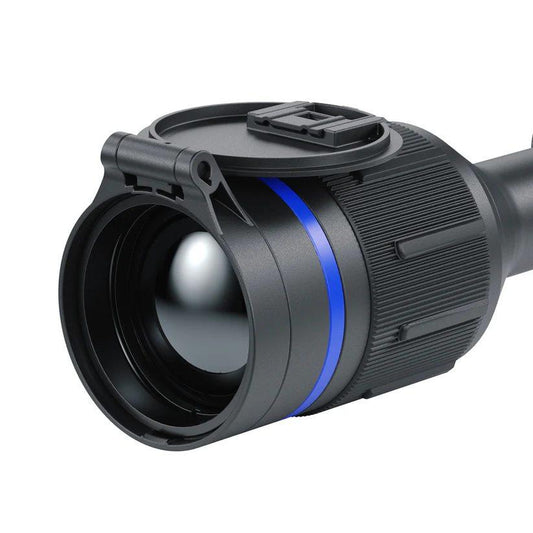

Pulsar Thermion 2 XG50 Thermal Rifle Scope offers precise shooting capabilities in low light conditions. Equipped with a highly sensitive <40 NETD 12µm pixel pitch sensor, it captures details at a resolution of 640x480, ensuring that you can identify targets effectively. The scope features a 1024x768 AMOLED display and up to 24x digital zoom, providing excellent long-range performance for hunting or tactical applications. Built with an IPX7 waterproof rating, this scope can withstand harsh weather conditions, ensuring reliable operation when it matters most.
Lightweight and designed for ease of use, the Thermion 2 XG50 allows for quick adjustments, helping you stay focused on the target without distractions. Its long battery life means you can spend more time in the field without worrying about running out of power. Whether you're tracking game or navigating through darkness, this thermal scope enhances your hunting experience.
Features:
- CRISP RESOLUTION for clear target identification in low light conditions.
- SENSITIVE SENSOR detects the slightest temperature variations for better game tracking.
- AMOLED DISPLAY provides vibrant color contrast and superior visibility.
- HIGH MAGNIFICATION with 3x base and 24x digital zoom for extended range.
- IPX7 WATERPROOF rating ensures durability in the wettest hunting conditions.
- LIGHTWEIGHT DESIGN minimizes the burden during long hunts.
- USER-FRIENDLY CONTROLS allow for quick adjustments on the fly.
- LONG BATTERY LIFE ensures you stay in action without interruptions.
Technical Specifications Table
| Specification | Details |
|---|---|
| Magnification | 3x (Digital zoom up to 24x) |
| Lens Diameter | 50mm |
| Resolution | 640x480 |
| Display | 1024x768 AMOLED |
| Waterproof Rating | IPX7 |
| Weight | 2.2 lbs (1 kg) |
| Dimensions | 12.4 x 3.1 x 3.1 inches |
What’s in the Box?
- Thermal Rifle Scope
- Lens Covers
- Padded Case
- Neck Strap
- User Manual
Customer Reviews
“The clarity and detail at night are unmatched. This scope changed the game for me.”
“I’ve used other thermal scopes, but this one blows them away in terms of performance.”
“Waterproof and rugged—perfect for my hunting trips in challenging weather!”
FAQ
How does the Pulsar Thermion 2 XG50 compare to other thermal scopes?
This model stands out with its superior resolution and sensitivity, making it ideal for discerning details in difficult environments. Compared to competitors, it offers unparalleled clarity and range, ensuring that you can spot and identify targets with confidence.
What maintenance is required for this thermal scope?
Regularly clean the lenses with a soft cloth to prevent dirt and smudges. Store the scope in a protective case when not in use to ensure longevity. The IPX7 waterproof rating means it can handle moisture, but avoid exposing it to harsh chemicals or extreme temperatures.
Similar Models
Looking for more advanced optics? Explore our extensive Pulsar collection, including the Pulsar Thermion 2 XG38 for a compact option and the Pulsar Axion 2 XQ35 for handheld versatility. Discover the full range of innovative products designed for outdoor adventures.
You May Also Like
Here’s some of our most similar products people are buying. Click to discover trending style.



